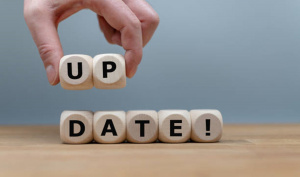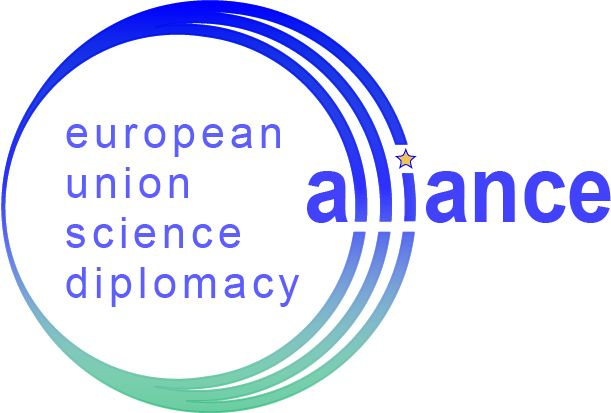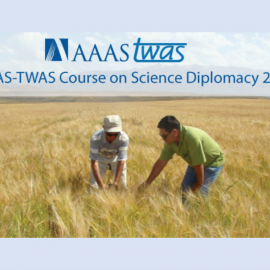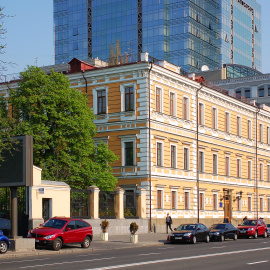
In May 2020 the S4D4C project launched the European Science Diplomacy Online Course, the first update has followed in March 2021! The S4D4C project ended in April 2021, but the Online Course has “stayed alive”. At the moment more than 6.500 trainees have started the course, app. 1000 of them have already received a certificate! Due to this huge success various partners and experts have polished the course by adding further interesting information about current development.
One year after the end of the S4D4C project – new updates: How does it work?
The EU Science Diplomacy Alliance is a collaborative initiative launched by the Horizon 2020 science diplomacy projects S4D4C, InsSciDE and EL-CSID to sustain and grow the networks, impact and momentum consolidated by the three projects. A task force group within the Alliance led by the German Aerospace Center DLR (former WP leader for capacity building and training activities in S4D4C) has taken the responsibility to maintain the S4D4C Online Course and to make it even more attractive for a broad audience. Therefore, one year after the end of the S4D4C project, the Alliance team has updated the course. The new version is now available online: https://www.s4d4c.eu/european-science-diplomacy-online-course/.
Many partners, various perspectives: What´s new?
Module 3: Who Are the Science Diplomacy Stakeholders? We have extended the list with science diplomacy stakeholders by adding further explanation of the role of Universities and other higher education institutions (HEIs).
Module 4: How Does the European Union Practice Science Diplomacy? We have additionally presented the Global Approach to Research and Innovation, Europe’s strategy for international cooperation in a changing world, published by the European Commission last year. The new European strategy, the Global Gateway, that aims to boost smart, clean and secure links in digital, energy and transport sectors and to strengthen health, education and research systems across the world, has been described in this Module as well. Due to the increased importance, we have entered a subtopic dedicated on a freedom of scientific research and its relevance in the field science diplomacy.
Module 5: What National, Regional, and Thematic Approaches of Science Diplomacy Exist? We have updated the country related information and even extended the list by adding an important plyer in the field science diplomacy: India. At the latest since the middle of the 20th century the oceans have been a tangible subject of international diplomacy and scientific endeavour. Therefore, we have considered this subtopic as a very relevant one for our trainees.
Module 6: What Set of Skills Do I Need to Be a Good Science Diplomat? We have included a comprehensive overview of courses and training materials in the field of science diplomacy.
We wish you lots of fun and further success with our course!
How to use the content?
The new version of the online course is still licensed under a CREATIVE COMMONS ATTRIBUTION INTERNATIONAL LICENCE 4.0. This means you can share and adapt this content and give appropriate credit (*), provide a link to the license, and indicate if changes were made. You may do so in any reasonable manner, but not in any way that suggests the licensor endorses you or your use.

Long Description* Please use the following acknowledgement:
This course has been created by the project “Using science for/in diplomacy for addressing global challenges -S4D4C” co-funded by the European Union’s Horizon 2020 research and innovation programme under grant agreement 770342. The course has been updated by the European Union Science Diplomacy Alliance. The contents are the sole responsibility of the authors and do not necessarily reflect the opinion of the European Union.




